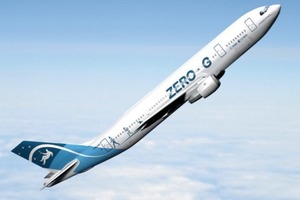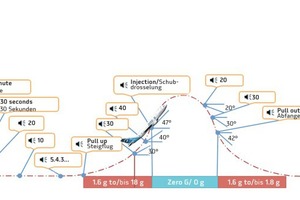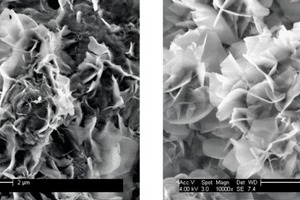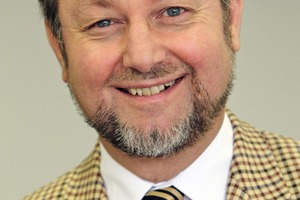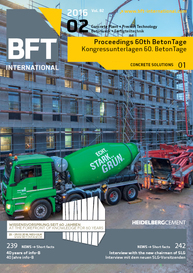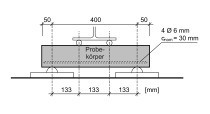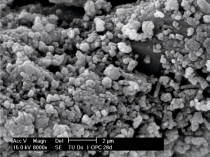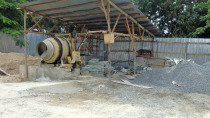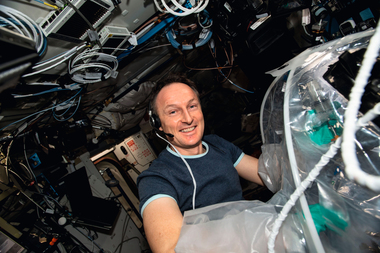Cement hydration in a zero-gravity environment
The reaction of Portland cement with water (the hydration of cement) presents an extremely complex process involving dissolution, crystallization, recrystallization and precipitation steps as well as processes occurring on surfaces. Especially at the very early stage of cement hydration, the fast kinetics involved lead to imperfect crystals and numerous defects in the microstructure of hardened cement.
Parabolic flights provide the possibility to conduct experiments in a zero-gravity environment (Fig. 1). However, the related zero g period lasts only for about 22 seconds. This requires (a)...

